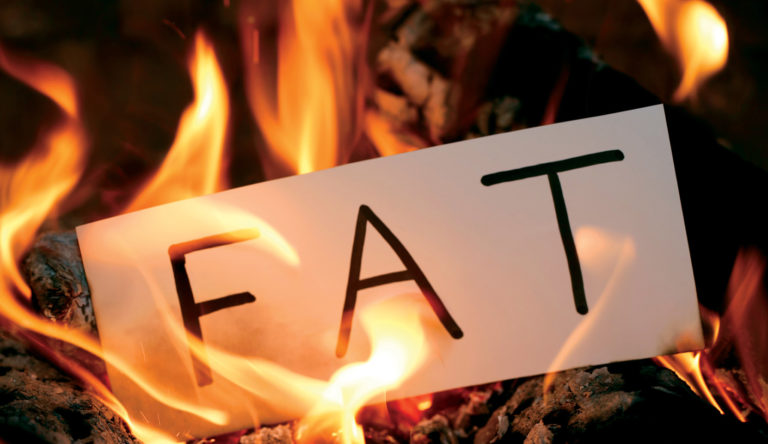What Fat Oxidation Means for Runners
Contrary to popular belief, fat burning does not necessarily lead to weight loss

As a society, we are obsessed with burning fat. Some want to burn fat to lose weight or look lean, while others want to burn fat because they think it will make them faster. But these approaches are based on a fundamental misunderstanding of what fat oxidation means.
What is fat oxidation?
Fat is stored in the body in the form of triglycerides – molecules made up of three fatty acids held together by a glycerol backbone. Triglycerides must be broken down into their component fatty acids to be used as a fuel source, and the process of breaking down triglycerides into fatty acids is known as fat oxidation (or fat burning).
Why burn fat?
Carbohydrate stores are very limited in the body, accounting for about 1,800 to 2,000 calories worth of energy – enough fuel for 90 to 120 minutes of running at a high intensity. When carbohydrate stores are depleted, you get the dreaded bonk – you were running along at what seemed like a manageable pace, but then, seemingly without warning, your legs turn to cement and you feel like you’re running out of energy.
This is a content preview from the Member's Area.
Read the rest of the article, along with all magazines articles and other exclusive offers and content only available to members.

